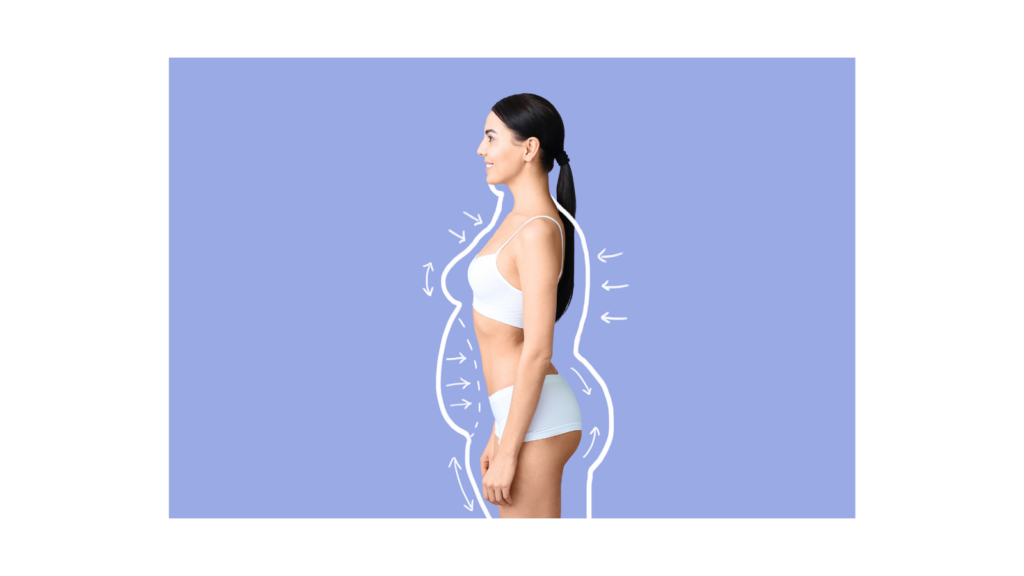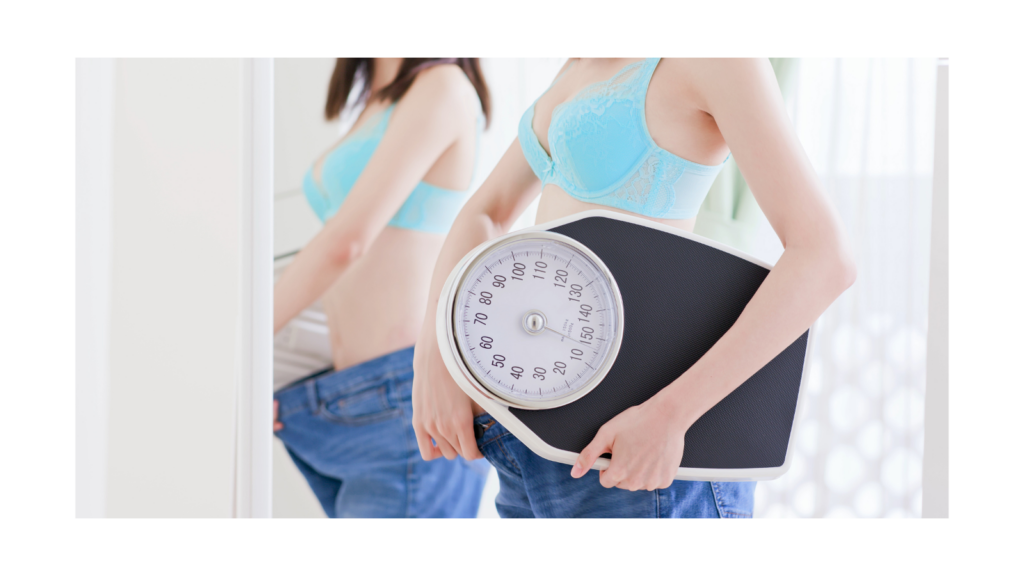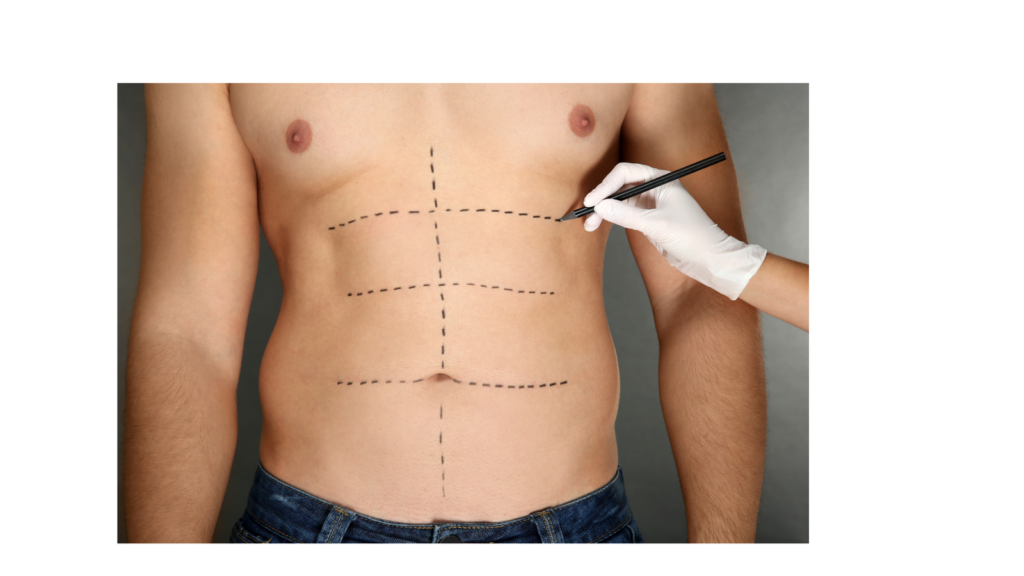Diet Fads and Their Impact on Plastic Surgery: What You Need to Know

Lose Weight for Better Results?
Hello beautiful ladies! Today, we’re going to discuss something crucial that often gets overlooked when it comes to plastic surgery – the impact of diet fads. We all know how tempting it can be to try the latest trendy diet to shed those extra pounds quickly. However, these fad diets can have negative consequences, particularly for those who are considering or have recently undergone plastic surgery. Let’s dive into the world of diet fads, their pitfalls, and why it’s essential to approach weight loss sensibly, especially if you’re a prospective or post-plastic surgery patient.

Dieting the Fad We Know
The Yo-Yo Dieting Trap First, let’s talk about yo-yo dieting. This term refers to the cycle of losing weight and then regaining it, only to lose it again. It’s a common pattern for those who try fad diets, as they often result in quick, but unsustainable weight loss. Yo-yo dieting can be harmful to your overall health, as it may increase the risk of heart disease, diabetes, and other chronic conditions. Moreover, it can also have severe implications for plastic surgery patients. Rapid weight fluctuations can compromise the results of your procedure, leading to skin stretching, sagging, or asymmetry. To maintain the best possible outcome after surgery, it’s crucial to avoid yo-yo dieting and adopt a healthy, sustainable approach to weight loss and maintenance.

Popular Diet Fads to Avoid
There are countless diet fads out there, but some of the most popular ones include:
The Keto Diet: While the keto diet can help some people lose weight, it’s not for everyone. This high-fat, low-carb diet may lead to nutrient deficiencies and an unhealthy relationship with food. Additionally, it’s difficult to sustain long-term, which could result in yo-yo dieting. Moreover, the keto diet can cause side effects such as bad breath, constipation, and low energy levels. In the context of plastic surgery, a lack of essential nutrients can hinder the body’s ability to heal and recover post-operation.
The Paleo Diet: The paleo diet revolves around consuming foods our ancestors supposedly ate during the Paleolithic era. This means cutting out dairy, grains, and legumes. Although this diet might work for some, it can be challenging to maintain and may not provide all the nutrients necessary for optimal health. Additionally, it can lead to an overconsumption of animal protein and a lack of fiber, which can negatively impact heart health and digestion. For plastic surgery patients, a balanced diet is crucial for optimal healing and long-lasting results.
Detoxes and Cleanses: These diets usually involve drastically reducing food intake and consuming only specific juices, teas, or supplements. While they promise rapid weight loss and detoxification, they can lead to muscle loss, dehydration, and nutrient deficiencies. Moreover, the weight loss is often temporary, and users tend to regain the pounds once they return to regular eating habits. For plastic surgery patients, detoxes and cleanses may interfere with the body’s natural healing process and lead to an increased risk of complications.
Intermittent Fasting: This diet trend involves alternating between periods of eating and fasting, with various patterns like the 16:8 or 5:2 methods. While intermittent fasting can be effective for some, it may not be suitable for everyone, especially those with a history of disordered eating or certain medical conditions. In the context of plastic surgery, it’s crucial to ensure proper nutrient intake for healing, and intermittent fasting may not be the best option for post-operative recovery.
Demographics Most Likely to Use Fad Diets
Fad diets often target women aged 25-55, as they are most likely to be conscious of their appearance and are looking for quick and easy ways to lose weight. However, it’s crucial to remember that fad diets can be harmful to your health and may jeopardize your plastic surgery results. Instead, focus on adopting a balanced diet and regular exercise routine to achieve and maintain a healthy weight.
How to Safely Lose Weight Before and After Plastic Surgery

If you’re considering plastic surgery or have recently had a procedure, it’s essential to prioritize a healthy, sustainable weight loss plan. Here are some tips to help you achieve your goals without resorting to fad diets:
- Consult a professional: Speak with a registered dietitian or nutritionist who can help you develop a personalized eating plan that meets your nutritional needs and supports your weight loss goals.
- Focus on whole foods: Incorporate a variety of fruits, vegetables, lean proteins, whole grains, and healthy fats into your diet. These nutrient-dense foods will provide your body with the essential vitamins and minerals needed for optimal health and healing.
- Exercise regularly: Engage in regular physical activity, including both cardio and strength training exercises. This will not only help you lose weight but also improve your overall health, mood, and energy levels.
- Practice mindful eating: Pay attention to your body’s hunger and fullness cues, and avoid emotional eating. This can help you develop a healthier relationship with food and prevent overeating.
- Stay hydrated: Drinking plenty of water is essential for overall health and can also aid in weight loss by helping you feel fuller and preventing overeating.
- Set realistic goals: Aim for gradual, steady weight loss of 1-2 pounds per week. This is a more sustainable approach that will be easier to maintain in the long term.
When it is time to consider plastic surgery

Now that you’re ready, it’s essential to be cautious when considering fad diets, especially if you’re a prospective or post-plastic surgery patient. The rapid weight fluctuations associated with yo-yo dieting can have detrimental effects on your overall health and the longevity of your surgical results. Remember, ladies, there are no shortcuts to a healthy and beautiful body – focus on embracing a balanced diet and regular exercise routine for sustainable, long-lasting results! Your body and your plastic surgeon will thank you for it.